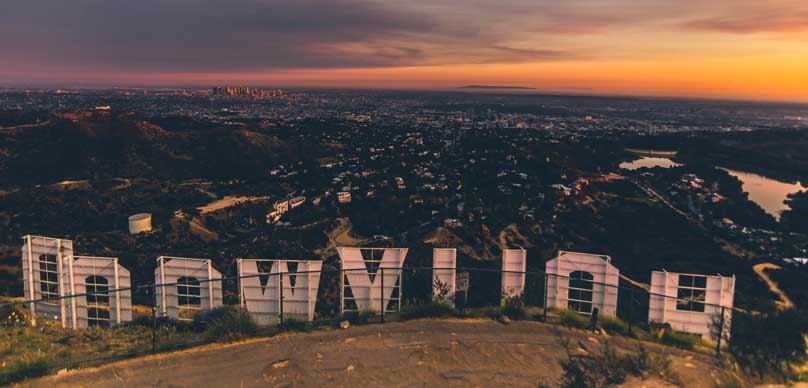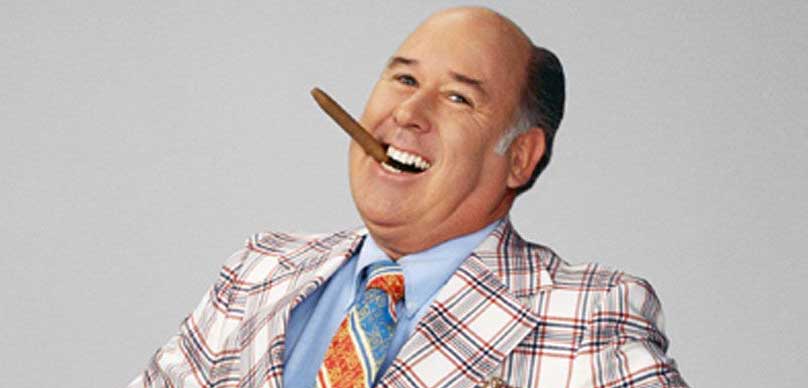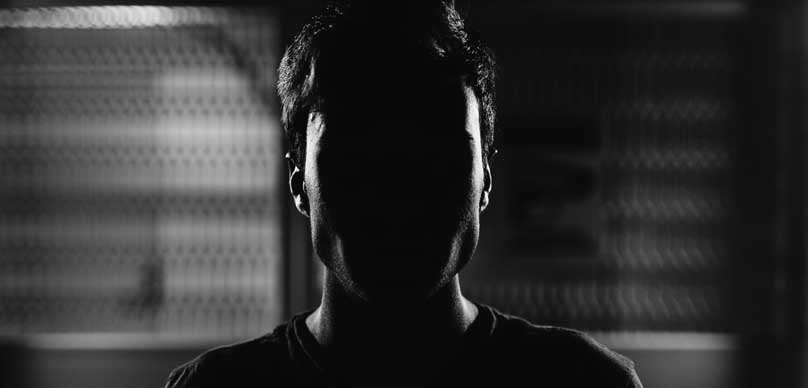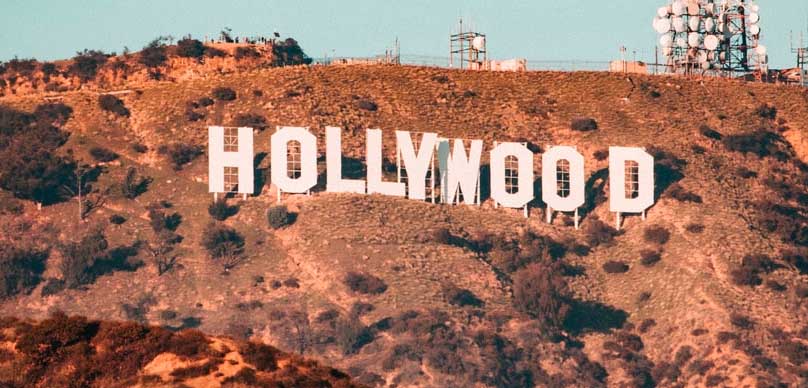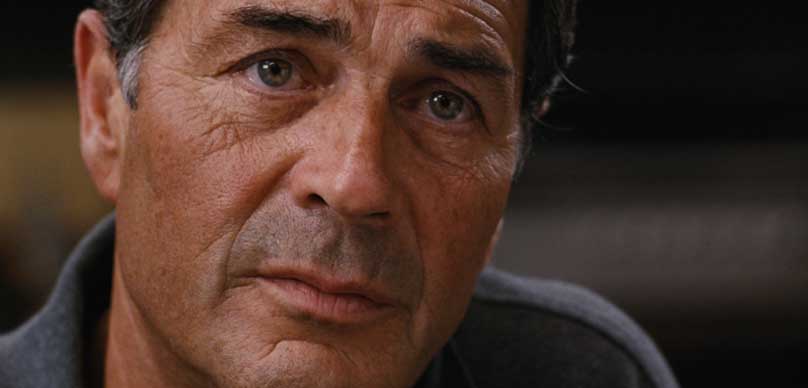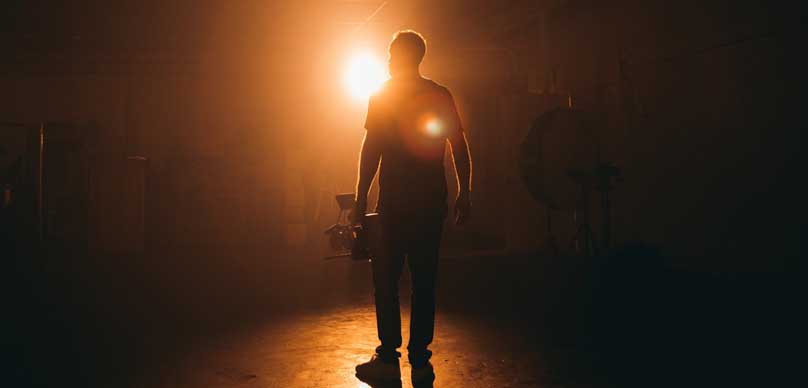So you want to move to Los Angeles and make it big in Hollywood. The question is, should you? Do you need to? When should you if you do? What kind of plan should I have in place? What should you do if you live in another country? All will be answered in this episode.
My journey to Los Angeles is a long and painful one, as I’m sure it is for many. The first time I attempted to leave my small pond of Miami, FL and make a go of it in Los Angeles I had my butt handed to me.
Los Angeles ate me alive and I had over $300 in parking tickets. Rough! I went back to Miami with my tail between my legs. It took me six years before I would make another attempt but this time I sold my house in Florida and almost everything I owned and had my girlfriend (my wife now) in tow.
I knew three people in Los Angeles and had no job prospects but everything worked out great. Take a listen to the story of this transplant and see if moving to Hollywood makes sense for you.
Right-click here to download the MP3
Alex Ferrari 0:00
So today we're going to be talking about should you move to Los Angeles? Do you need to move to Los Angeles to in order to make it in the film business? Well, I'm going to tell you a couple of stories of what happened to me what I attempted the first time and what I did the second time back in about 2002. I think it was, I attempted to come out to Los Angeles with my editors reel. I was at that point. Editing mostly had done some directing, but nothing of any any significance just yet. Some commercials here and there, but nothing major. So I was still making my living as an editor. So I came out here with 50 VHS copies of my demo reel. Yes, the DVDs were not in yet. So it was a little bit back. So I stayed with a friend on a couch for 30 days. So I sent out over I think I faxed out because again, email wasn't all the rage yet when it came to jobs and stuff like that. So I faxed out over 350 resumes. And I met with I probably took about 30 or 40 meetings dropping off demo reels at places during that time. Not only did the town eat me alive, because my demo reel was good but wasn't up to par with la standards. I was I was basically not only given tickets by parking tickets, I had three parking tickets because I wasn't used to LA yet. So that cost me money. And at the end, I got two phone calls. One, two days before I left about a job working for I think it was like some sort of Carnival Cruise Lines or something like that editing for them. And the second phone call came four or five days after I got back to Los Angeles, which was another like hey, can you come in real quick. So I was basically got my ass handed to me by by the town when I first came out here. So much so that I didn't attempt to come back out until 2008. When I came back out here or 2007 it was 2007. I came out here before and now the second time I came out here. I had six years of work behind me I had become a big fish in a small pond which my pond was Miami, South Florida in Miami, the film industry down there. So I was well known down there working a lot doing a lot of different things, building up my resume building up my IMDb doing features all post and directing, obviously, my shorts, broken, which got a lot of a lot of heat, and attention and a couple other things I was directing as well. So I came out with that underneath my belt. And as a side note, if you're in Los Angeles already, well, you're here already you already have a foundation, you have a support. Hopefully you're living with your parents rent free, or have roommates or figured out already how to live here before you try to get into the film industry. If you're coming in from outside of LA, like I was, you really have to think very carefully before you do that. Because the town is extremely expensive and extremely brutal to newcomers, especially newcomers who have nothing to offer. But I want to be a PA I want to intern for you. It's brutal. There is 10s of 1000s of people doing that. Now, let's say that same person stays in Wichita, Kansas for lack of a better place or somewhere in the middle of the country or in their own hometown and start building up their resume they're doing production locally, start building up their their reels, start picking, picking up a lot of experienced or picking up their resume, beefing up the resume to a point where they feel comfortable and they have a wealth of experience underneath them that when they come out here, they have something to offer the town they have something to offer the business because if you come out here and you've you know you've gripped on 20 features or you know TV shows or corporate videos or anything like that in your hometown, well you're an experienced grip. You understand that to a certain extent when you get out here. I'll tell you what happens when you get out here. So if you have that experience underneath you'll make it a lot easier for you to come out here. Now when I did come out here I had I came out here with my girlfriend then wife now but girlfriend then We basically knew three people, when we came out here, we literally packed up the car, packed up everything we had shipped it over. And we're gonna make a run of it, we had a little bit of money in savings, not a lot, enough to hold us off maybe six months. My wife is a professional. So she was able to get a job fairly quickly. And that helped. And by the time I landed, I already was, I already had done some preliminary work, and had gotten a feature to edit as well as the caller had an old client of mine wanting to do some work as well, which was remote, so I didn't have to be in Miami. So I was already doing that work here. So when I landed, I was already working, I was very lucky in that sense. But I had a backup plan. And this is where the entrepreneurial spirit and the hustle comes into play. I don't know how many of you remember video stores, but there was a video store called Hollywood video. And as all video stores did, and have done for most, for the most part have gone out of business. So Hollywood video in my in my town in Miami and Fort Lauderdale area. They all went out of business. So what I started doing was going in and buying out the store, have all of their used DVDs, and video games and things like that. So what I did was the first time I did it, I first thought I did, I might have spent 100 bucks off of that 100 bucks, I made about $900 on Amazon selling them. And my wife said Wow, you're you're pretty good at this. I'm like, Yeah, I guess I did and off of like really bad titles, nothing, no a list stuff, just like kind of crappy stuff. And I was still able to make 900 bucks in probably a few weeks. So just selling on Amazon. So then, the next opportunity that came right before we left, we sold, we bought we went to a store that was right around the corner from us. And we at that point said, Look, I walked in talk to the manager, I'm like I want to buy out, I want to run to the store, give me you know, four or five hours, I will buy a ton of stuff from you. But I needed I needed store to be buying. And he completely agreed and I spent about $10,000 buying videos, games, anything you can imagine. And I put it all on my Discover card. Now I knew I would be able to sell it. But it was a risk like anything else. But at least I was able to put it on the card, get all those points, by the way, which helped me with travel later on. But I knew that okay, and I shipped all of those DVDs and everything along with all of our furniture and stuff like that, that we're moving over here. So I shipped it all over and I told my wife, I go look, at least we'll be able to make money with this for a few months while we get our feet, you know, while we get on our feet. So with those $10,000, we probably turn that $10,000 into probably around $30,000 over the course of the next six months that I was selling DVDs on the side while I was working. So it was an extra stream of income for us while we were getting our feet wet while we were starting to build up our our network of friends, our connections, and just making money. So if you are going to come out here have some sort of not only savings at least six months to a year of your basic living expenses. But also if you have a way to make money, that's not reliant on the business, like online sales, e Bay, Amazon, think outside the box, whatever you can do, do it because any kind of edge you can get while you're out here is very valuable if you could do that. So like I said before going coming out here without having some sort of experience a wealth of knowledge, or resume, it's a really uphill battle, the business will eat you up pretty quickly. Now the question still is, should I move out to Los Angeles Do I need to move out to Los Angeles to make to make it in the film business. There's always the exception to the rule. But I would say 98% of people who make in this business, in one in making in the sense of making movies making feature films, making a living at it, maybe nine to 8%. But a good majority of people spend time out in Los Angeles, or New York, either the to New York's more of a theater town, but they do have a big independent film scene there as well, as well as features and television and so on. So New York and LA but la more than New York because basically if if the film industry left Los Angeles that the town would be in trouble if the film industry left New York, you know, the town will continue. New York will not fall. But if la said if all the production left Los Angeles, and there was no movies being made here. I would I would hate to see what would happen to Los Angeles. A lot of the economy is based around production around Hollywood around that because that's what built the town in the first place. So to answer your question, I believe you should and you do because if as I They say if you want to get hit by a car, you got to step into traffic. And boy, there is a lot of traffic here. I remember when I got here, it was three months before the great recession hit, and the economy tanked. And I was working the entire time, my wife was working the entire time. Because I was doing a million different jobs. I wasn't just the editor, I was an editor, I was a colorist, I was a post production supervisor. I was a VFX supervisor. I was director, I was writer, whatever I had to do to make money. I was always working. And a lot of the season two guys that I met here, they're like, Oh, my God, the business is horrible. There's no jobs out there. And I just looked around, I'm like, Are you kidding me? there is more work I've ever seen in my life, if you're slow is like, super swamped back in Miami. So I was I was living life, I was like, Oh, yeah, there's plenty of work here. And I'm going to take advantage as much of it as I can. So while I was here, and while I've been here, let's say I worked in the business for 10 years in Miami, working in doing all that kind of stuff, editing, directing, so on. When I got here, all of my skill sets, multiplied tenfold, in about five to 10 times as fast of a time. So one year here was like, five to 10 years there, purely because of the amount of work I was doing. The kind of people I was working with the professionals, the levels of projects that started coming through my door, you have no, you have no resistance to other than to get better or get killed or get just you won't make it. So my skill set started to grow faster and faster and faster and faster, and multiply faster and faster. And then I started getting into this, oh, I want to do Red Red workflow. And I became one of the early adopters of red camera workflow back in the day when red camera workflow was on nightmare to deal with. And I got a ton of work of that because I marketed myself as the red guy. And I got a ton of work doing red work workflow for post production. So it's, it's something that you should do, I think you do. I think it's amazing to do so. But you have to do it at the right time. You're good, you're never going to be able to meet as many people in the business as you will spend in a year to hear all the big directors have made, you know, all the big directors have done time in Los Angeles. You know, Robert Rodriguez, who now has his home and, you know, factory, his magic factory over there in Austin. He spent a couple years here working on the back lots making those connections, doing his time. You know, Tarantino obviously still lives here. A lot of David Fincher You know, a lot of these guys all did their time here. Because you learn a lot, you make those connections, you have access to amazing amounts of resources that you have nowhere else. So from coming from Miami, where you would have to drive 45 minutes just to go to a rental house, to a camera rental house, or a post house or anything like that. Here, they're literally around the corner. Everywhere you look, there's someone who has a post house, someone has a camera rental house, and if it's not a company, there's a guy with a full red package who's willing to come out and shoot for you for the weekend, because he wants to, you know, you know, put some more stuff on his realer or there's a guy you know, there's everybody here has an editing system, everybody here has, you know, color sweet in their backyard. It's crazy. So that access to these kind of professionals, your skill set just grows and you as a filmmaker grow extremely fast. So I know this from I know this, from my perspective that I was in a small market like Miami, and I came to the market in Los Angeles and how fast I grew was immense. Now, if you're in some other part of the world, you know, London, obviously in the UK has a tremendous film industry there as well. Find wherever the film industry is in your country or near your country, because that's where you're going to have to go to get the experience you need. Because bumping around on the weekends with your friends making movies is great. And you'll you'll learn stuff like that. But being thrown into the fires of a professional working set or professional environments, or working with professional people, you'll learn more doing that than you will at any film school, or at any amount of time that you would work on your own. So just just to give you an example, I went to film school all full sail in an Orlando, Florida, great film school learned a lot. But I the second I got there, I got an internship working at Universal Studios Orlando, working on the backlit and also on the Disney backlot. And I was learning so much just by being around working productions, much more than I was working at school, learning at school to the point where I could actually skipped classes to go and work for free at the studios because I was learning from seasoned guys and I and my skill set started growing so you just have to build up your toolbox. As much as you humanly can, the days of just being the one guy doing, I'm just an editor, or even even more niche than that. I'm just a commercial editor, or I'm just a promo editor, I just do trailers or I just do features, or I just do documentaries, those days are really over, you have to be multifaceted, you have to be able to do multiple things. If you just want to be a director, that's great. But you better know how everything goes runs on the set. And being in LA, you have access to all of these things at an at a very fast pace that you would not get anywhere else. So I wish I would have heard this back in the day. Sometimes I wish I would have come out to Los Angeles a little earlier. Because I feel that I would have picked up more but it's a catch 22 you better have enough money to try to make a go of it while you're here. And don't expect to do this in 30 days, you got to be out here for at least a year to even make a dent in it. To try to actually make a living out here. It's going to take time to build those relationships to get people to call you back to get jobs, all that kind of stuff. It's going to take time. So plan on that when you do come out here. So my suggestion, come out here when you're ready, but don't come out here before because a town is rough, and they will kick your ass. It really will it did mine. So hope this was helpful to you guys. And as always, if you want to learn six secrets to getting into film festivals for free or cheap, go to film festivals tips. com that's Film Festival tips.com I'll tell you how I got into over 500 international film festivals for free or cheap. Also guys if you love the show, it would make it mean the world to me. If you can actually go over to iTunes, give us a review give us a five star rating. You have no idea what that does to our rankings and helps us out tremendously on getting the podcast seen by more and more people. So thanks again for taking a listen guys and I will see you next time. Keep on filming and keep that hustle going. Bye.
Sign up to receive email updates
Enter your name and email address below and I'll send you periodic updates about the podcast.
YOUTUBE VIDEO
LINKS
SPONSORS
- Bulletproof Script Coverage – Get Your Screenplay Read by Hollywood Professionals
- Audible – Get a Free Filmmaking or Screenwriting Audiobook
- Rev.com – $1.25 Closed Captions for Indie Filmmakers – Rev ($10 Off Your First Order)

